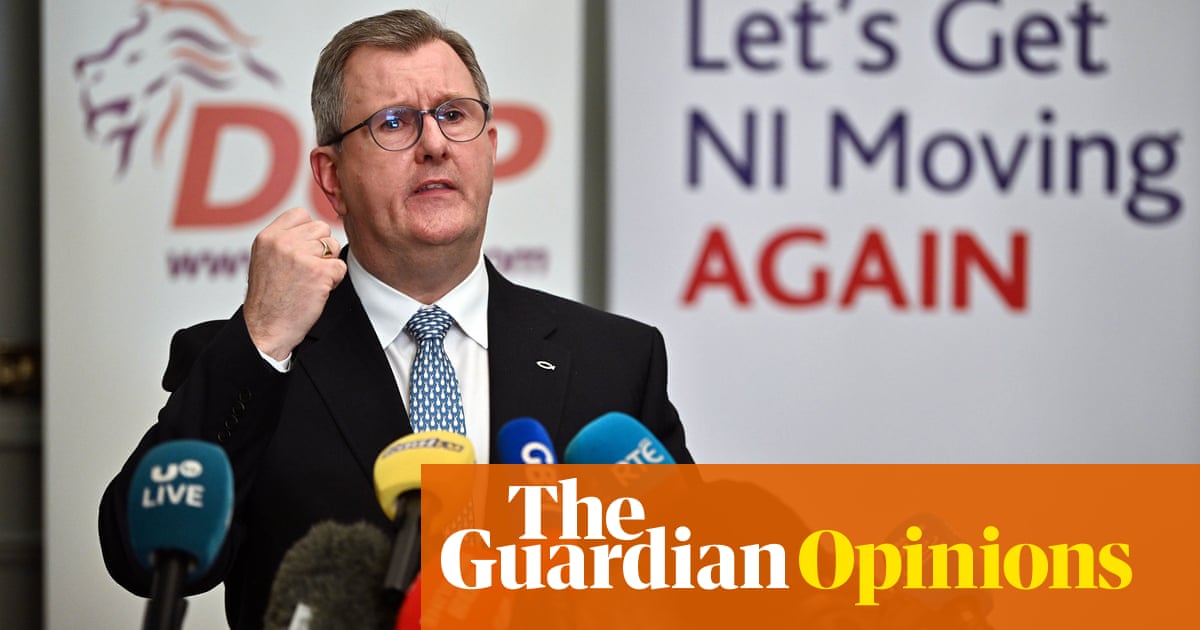
pinion polls are a useful guide to the political mood, but opinion is all they capture. Real votes cast in ballot boxes provide a different quality of information. For election nerds, 2020 was a data drought, but rains are coming.
On 6 May a slew of ballots deferred because of the pandemic will be held alongside the scheduled 2021 batch. Every voter in England, Scotland and Wales is invited to a polling station, although the contests are not of equal consequence. Nicola Sturgeon’s position at Holyrood matters more than Tory control of Solihull. In parts of England, only the local police and crime commissioner post is up for grabs.
There is also a byelection for the parliamentary seat of Hartlepool. Already that contest is attracting disproportionate media interest. The result will probably be the subject of more Westminster commentary than the distribution of seats in the Cardiff Senedd. There is familiar Westminster folklore attached: the apocryphal tale of Peter Mandelson, former MP for the seat, mistaking mushy peas for guacamole. There are no funny avocado-related pegs on which to hang the Welsh parliament, just the banal fact of it being the seat of government for a devolved nation of 3.1 million people.
The byelection comes as a flatpack political story: safe Labour seat turned marginal by Brexit; loose brick in the “red wall” that might yet be dislodged.
Sadiq Khan’s bid to retain the London mayoralty will also get ample media coverage. The competition isn’t close but it is in the capital, where most people who make the news have a vote.
British politics is heavily weighted to London. That brings a particular kind of cosmopolitan narrow-mindedness that thinks it is immune to parochialism because it looks out from a global hub. Even when ministers know there is a problem of excessive centralisation, they reach for patrician solutions. They offer to lift benighted provinces with gifts from the metropolis – a Treasury satellite for Darlington; a stretch of Whitehall transplanted to Wolverhampton.
That power imbalance causes all kinds of problems. A recent report by the Institute for Government identified failure to coordinate with local authorities as a significant cause of error in managing the pandemic. The report’s authors found the relationship marked by “bitterness” and “suspicion”. One of their sources highlights a “disgraceful, patronising view of local government” as incapable and inexperienced.
Relations with devolved administrations were also tense, but for more partisan reasons. Boris Johnson’s Downing Street takes Nicola Sturgeon seriously enough, but that doesn’t make the dialogue more constructive or respectful.
These are old problems. Historically, local government faced a catch-22 situation. The power and prestige that came with the job were not sufficient to attract impressive candidates; the low calibre of candidates justified central government’s reluctance to bestow more powers and thereby bolster the prestige. That is now (mostly) an outdated prejudice, but Whitehall attitudes are slow to adapt.
Even when the agenda is “levelling up”, the mechanism is to cordon off a heap of cash in the Treasury and invite regional leaders to make their case, while making sure that Tories on electoral target lists jump the queue.
Few top-ranking national politicians do an apprenticeship on their local council. Youthful ambition is satisfied quicker as a special adviser, although the skill sets thus acquired are different. Councillors often have to build coalitions with rivals. Spads learn how to undermine and destroy.
Johnson blazed a trail by reaching Downing Street by way of London’s City Hall, although it was the glamour of the capital that appealed. (It is doubtful he would have run for mayor of the West Midlands combined authority, had the role existed at the time.)
Other high-profile mayoralties are exerting political gravity. Andy Burnham, in Greater Manchester, and Khan are more substantial figures in the Labour firmament than anyone in the shadow cabinet, apart from Keir Starmer. Both mayors communicate more freely and more convincingly than they did as MPs. It is as if their throats are clearer and the devolved air easier to breathe than the stale Commons atmosphere. Bristol’s Marvin Rees also speaks with refreshing natural authority.
Andy Street, the Conservative mayor of the West Midlands, has had less impact for various reasons. He is not a colourful speaker. A duty of loyalty to Downing Street means fewer opportunities to stand out by standing up for the region. If Street loses to Liam Byrne in May (and the race is tight) it will be interesting to see if opposition control raises the height of the mayoral platform.
Not all metro mayors have the same powers. The system has evolved by a convoluted trail of negotiation, legislation, stitch-up and referendum. It is a weird constitutional patchwork. There are four different types of mayor in England. In Liverpool, one mayoral job (running the city council) is vacant because the incumbent was arrested in connection with allegations of systemic corruption. But another mayor (for the city region) is not embroiled in the scandal and is running for re-election.
There is an unresolved question about the very basis on which power should be distributed – geography or identity? Scots feel more intensely Scottish than West Midlanders feel West Midlandish. But meeting a historical claim to self-determination is a different challenge to deciding at what level public services should be run. The devolution debate tangles the two issues.
Following lines of jurisdiction can feel like analysing structures in the Soviet Union, with its semi-autonomous regions within provinces within republics. In reality, power was transmitted down from the Kremlin along party lines.
The difference is that Britain has a multiparty democracy. The votes cast on 6 May will count. Local regimes will change. And yet there will also be a gap between the scale of the electoral event and its impact. In a less centralised system and a less parochial political culture, it would be Super Thursday: an occasion when the country wielded the power of the ballot box. Instead it will be another one of those days when millions of trips to the polling station feel all too ceremonial, because real power is somehow always elsewhere.
Rafael Behr is a Guardian columnist












